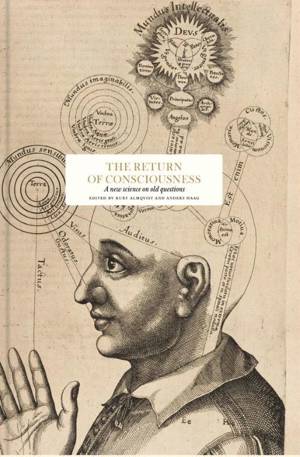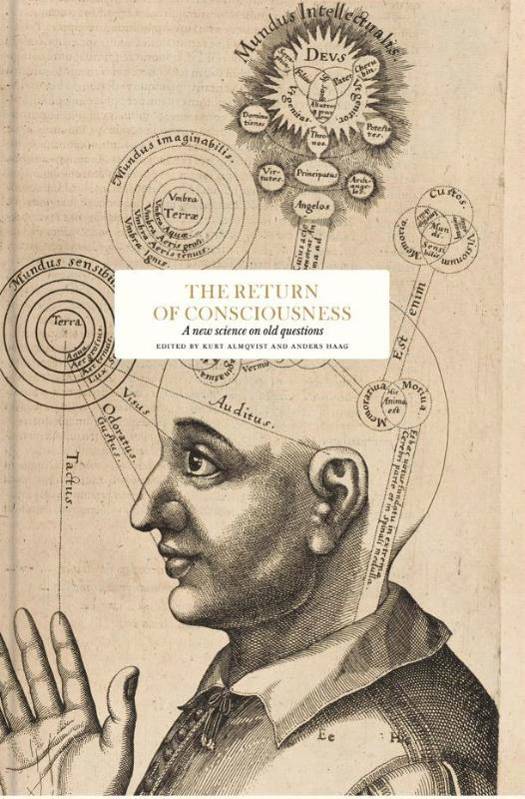
Je cadeautjes zeker op tijd in huis hebben voor de feestdagen? Kom langs in onze winkels en vind het perfecte geschenk!
- Afhalen na 1 uur in een winkel met voorraad
- Gratis thuislevering in België vanaf € 30
- Ruim aanbod met 7 miljoen producten
Je cadeautjes zeker op tijd in huis hebben voor de feestdagen? Kom langs in onze winkels en vind het perfecte geschenk!
- Afhalen na 1 uur in een winkel met voorraad
- Gratis thuislevering in België vanaf € 30
- Ruim aanbod met 7 miljoen producten
Zoeken
€ 27,95
+ 55 punten
Omschrijving
"Consciousness is a scientific problem that is unlike any other. Our own consciousness, as Descartes noted, is the most indubitable feature of our existence. It is the most precious one, as well: consciousness is life itself, and for most people having their bodies kept alive in a vegetative state is no better than dying." -- Steven Pinker, Professor of Psychology, Harvard University
Consciousness is also a unique scientific problem in other ways. There is no general agreement about the definition of the subject of study. Opinions are divided about how - with which methods - it should be studied. And nobody can know for sure which answers could possibly be relevant. For many decades it was forgotten by science, buried underground by the regime of behaviourism and cognitive science, but now it has arisen again and has become a hot topic in circles working at the frontier of science.
Consciousness is also a unique scientific problem in other ways. There is no general agreement about the definition of the subject of study. Opinions are divided about how - with which methods - it should be studied. And nobody can know for sure which answers could possibly be relevant. For many decades it was forgotten by science, buried underground by the regime of behaviourism and cognitive science, but now it has arisen again and has become a hot topic in circles working at the frontier of science.
Specificaties
Betrokkenen
- Auteur(s):
- Uitgeverij:
Inhoud
- Aantal bladzijden:
- 280
- Taal:
- Engels
- Reeks:
Eigenschappen
- Productcode (EAN):
- 9789189425835
- Verschijningsdatum:
- 15/12/2022
- Uitvoering:
- Hardcover
- Afmetingen:
- 176 mm x 247 mm
- Gewicht:
- 999 g

Alleen bij Standaard Boekhandel
+ 55 punten op je klantenkaart van Standaard Boekhandel
Beoordelingen
We publiceren alleen reviews die voldoen aan de voorwaarden voor reviews. Bekijk onze voorwaarden voor reviews.









